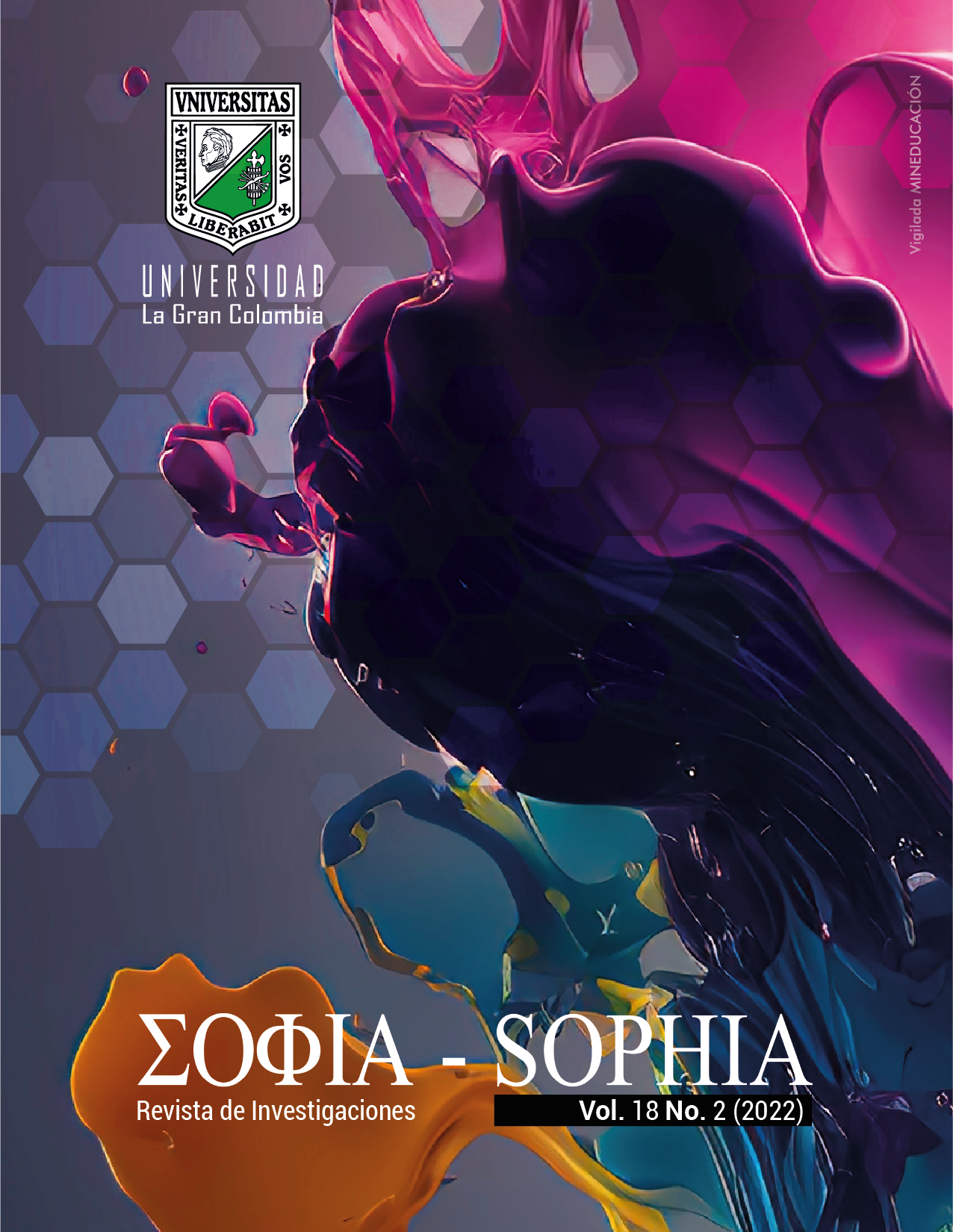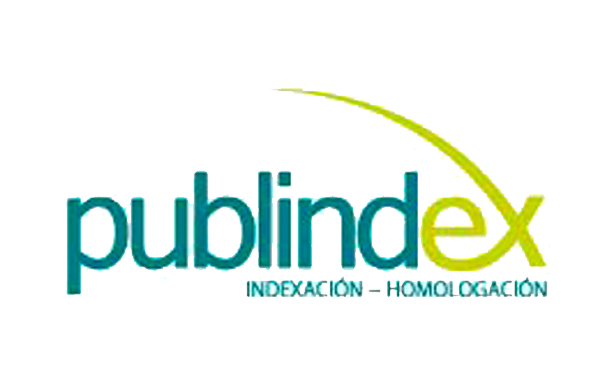Paulo Freire's Pedagogía de la autonomía
DOI:
https://doi.org/10.18634/sophiaj.18v.2i.1137Keywords:
Autonomous pedagogy, educational process, ethics, education, critical thinkingAbstract
The main objective of this review is to show the most significant aspects of the book Pedagogy of autonomy: necessary knowledge for the educational practice of the Brazilian pedagogue and philosopher Paulo Freire. For this purpose, the three chapters are explored, described and interpreted in an analytical way, which address four elements: role of the teacher, student, knowledge and ethical sense of the pedagogical act. It is concluded that autonomy is a symbolic factor of the educational process. Likewise, teaching is not transferring knowledge, but creating conditions for its construction.Downloads
Published
2022-11-03
Issue
Section
Reseñas
License
Creative Commosn Licence 4.0
How to Cite
Paulo Freire’s Pedagogía de la autonomía. (2022). Sophia, 18(2). https://doi.org/10.18634/sophiaj.18v.2i.1137








